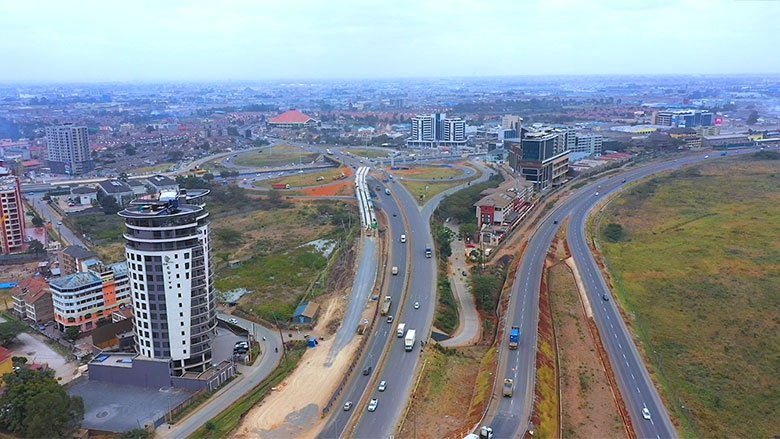
Kenya's long-term economic potential is undeniable, but its current progress could be much faster. The nation hosts an array of ambitious projects that could significantly reshape its economic landscape—ranging from the technological hub of Konza and the expansive LAPSSET corridor to vital agricultural and energy initiatives like Galana Kulalu and the Turkana oil fields. Yet, the realization of these projects has been painstakingly slow, often advancing at what can only be described as a snail's pace.
Take, for instance, the Lamu Port, part of the envisioned Great Equatorial Land Bridge meant to link the Indian Ocean with the Atlantic at Douala Port in Cameroon. This project could position Kenya as a strategic logistical nexus on the continent. Yet, curiously, the port was completed long before the essential road from Lamu to Isiolo was even paved—an oversight that hampers its potential and benefits. Meanwhile, neighboring Ethiopia, which lacks direct port access, could have greatly benefited from Lamu's operational readiness had the connecting infrastructure been developed concurrently. This lack of urgency contrasts sharply with high-growth nations like China, where speed and execution are paramount.
Kenya's strategic location positions it as a potential logistics hub. Yet, its international airport, JKIA, suffers from chronic mismanagement and infrastructure woes. These self-inflicted wounds see Kenya losing aviation leadership to Rwanda and Ethiopia.
Meanwhile, the Galana-Kulalu irrigation project – with the potential to boost food security – remains underutilized despite the promise of climate-smart agriculture. imilarly, the technological promise of Konza, dubbed "Africa's Silicon Savannah," has languished under bureaucratic inertia, taking far longer than the visionary leadership of a decade ago would have anticipated.
Adding to this frustration is the stalled Turkana oil project. Acquiring from Tullow oil and developing this domestic oil source could reduce imported fuel costs, strengthening the Kenyan shilling. Establishing a local refinery could cut down on costly petroleum imports, which drain more than 40% of Kenya’s foreign exchange reserves and weaken the shilling.
While these solutions may seem obvious, their implementation is hampered by governance issues and a political class often focused on short-term gains. We look forward to the day our leadership will prioritize long-term, transformative development. With the right focus, Kenya could truly become a top African economic powerhouse. With the right leadership, Kenya is not just capable of escaping abject poverty; it could become one of Africa's top three economies.
Credits; E. Njega.

.jpeg)